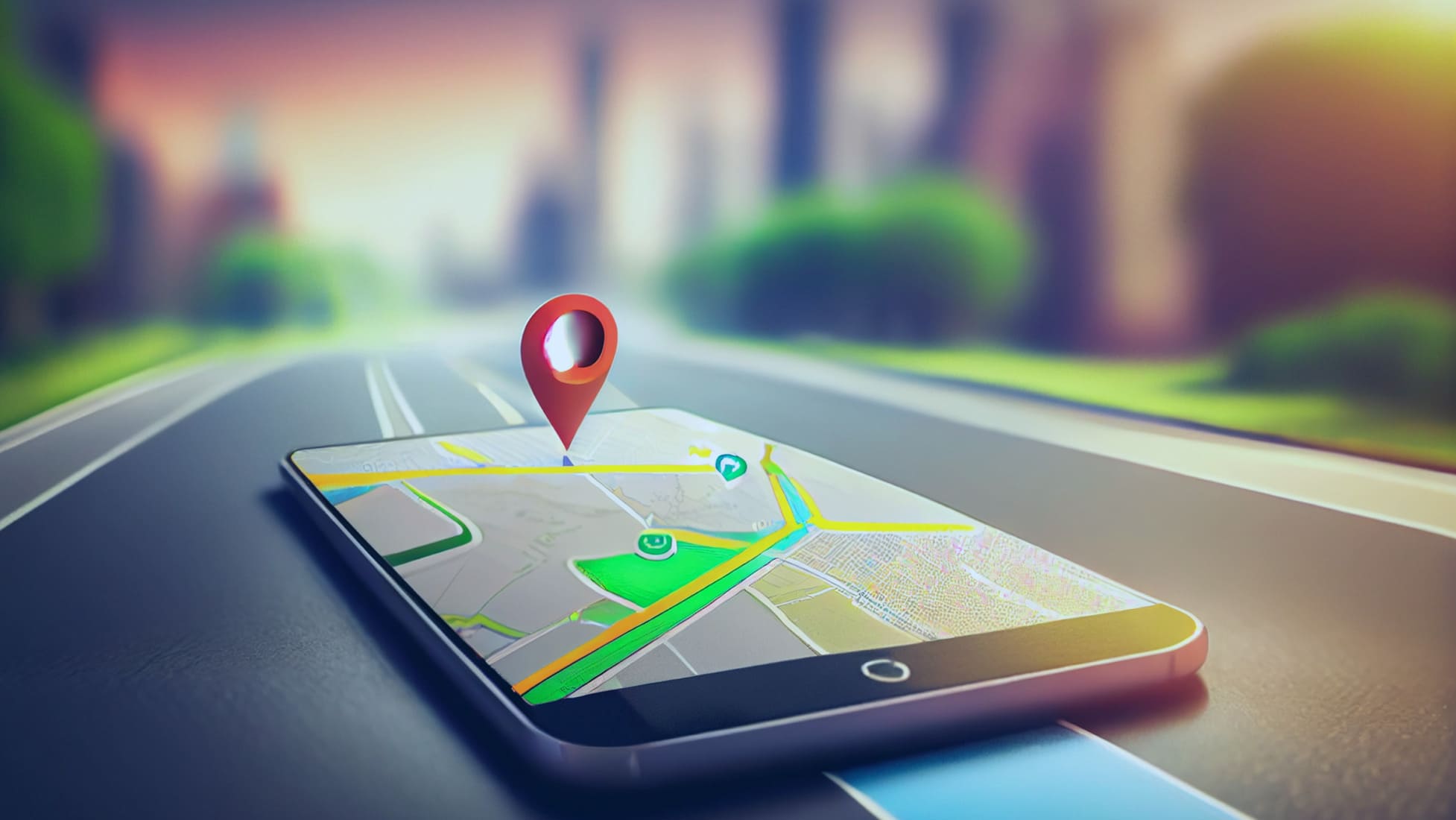Navigating the Future of GPS Tracking: Developments, Challenges, and Opportunities Ahead
As we stand at the crossroads of technical developments and social implications, the landscape of GPS monitoring is poised for a transformative journey in advance. With great technology comes excellent obligation, as data privacy worries loom huge and safety obstacles in General practitioner tracking raise important inquiries regarding safeguarding delicate info.
Evolution of GPS Innovation
The Evolution of GPS Innovation has actually been noted by significant innovations in accuracy, protection, and performance over the years. Initially created for armed forces objectives, general practitioner innovation has actually developed to end up being an ubiquitous tool in numerous fields, including transport, logistics, agriculture, and personal navigating. Early GPS systems were characterized by limited coverage, reduced accuracy, and bulkier equipment demands. With continuous technological developments, GPS has transitioned to a lot more effective and accurate systems that provide global coverage and enhanced accuracy.
One trick turning point in the development of GPS modern technology was the development of Selective Accessibility (SA) in the 1990s, which deliberately weakened the accuracy of civilian General practitioner signals. As GPS technology continues to advance, we can anticipate further enhancements in precision, protection, and effectiveness, opening up brand-new opportunities for technology and applications throughout different markets.
Real-Time Monitoring Developments
Building on the developments in GPS technology that have actually transformed precision and protection, real-time monitoring has become a critical location of innovation with extensive ramifications across various sectors. Real-time monitoring developments make it possible for companies and organizations to check possessions, vehicles, and personnel instantaneously, giving useful understandings for decision-making processes - gps tracking. By leveraging real-time data, business can enhance operational efficiency, enhance consumer solution, and make sure the safety and security and protection of their properties
Among the essential advancements in real-time tracking is the assimilation of expert system and artificial intelligence formulas, which make it possible for anticipating analytics and anomaly detection. These capacities enable for proactive upkeep organizing, path optimization, and danger mitigation techniques. Additionally, the evolution of real-time radar has actually brought about the growth of mobile applications and customizable control panels, encouraging users to access crucial details anytime, anywhere.
Information Privacy Issues

Information privacy issues incorporate different facets, consisting of the storage space, sharing, and retention of area information. Companies should execute durable security procedures to safeguard general practitioner tracking information from cyber hazards and data violations. Clear policies relating to information collection practices and the function of monitoring are necessary to develop trust fund with consumers and guarantee conformity with data security policies.
Safety Obstacles in GPS Tracking
Resolving data privacy concerns in GPS monitoring is delicately linked to minimizing the protection challenges that develop from prospective susceptabilities in the innovation. One of the main security difficulties in GPS tracking is the threat of unauthorized accessibility to delicate location data - gps tracking. Cyberpunks might intercept general practitioner signals, adjust place details, or also track people without their approval. This not only attacks personal privacy however also poses significant security threats.

One more safety obstacle is the capacity for jamming or spoofing GPS signals. Carrying out robust file encryption, verification actions, and signal verification procedures are critical actions in addressing these safety obstacles in GPS monitoring.
Emerging Opportunities in the Market
The blossoming area of general practitioner monitoring modern technology presents a myriad of appealing possibilities for industry growth and innovation. One vital opportunity lies in the development of general practitioner tracking applications beyond standard sectors. Industries such as logistics, transportation, and fleet management have been early adopters of GPS innovation. Arising possibilities are now developing in locations like healthcare, agriculture, and ecological monitoring. As an example, GPS tracking can change patient care by page allowing remote surveillance of essential signs and guaranteeing prompt clinical aid. In farming, general practitioner modern technology can maximize plant management techniques and enhance overall return. Ecological monitoring can profit from GPS tracking by enabling real-time data collection for climate research and conservation initiatives.
Another considerable opportunity in the GPS tracking market is the combination of innovative analytics and expert system. By leveraging these innovations, businesses can acquire useful insights from GPS data to enhance functional performance, improve decision-making procedures, and deal personalized services to customers. Furthermore, the raising demand for linked gadgets and IoT solutions provides a ripe possibility for GPS tracking companies to broaden their offerings and develop cutting-edge options that accommodate a more connected world. By maximizing these arising opportunities, general practitioner monitoring companies can place themselves for sustained growth and success in the dynamic landscape of the market.
Verdict
In verdict, the future of GPS tracking is noted by constant evolution and technology in technology. As the market relocates ahead, browsing these difficulties will be vital to make sure the ongoing development and success of GPS tracking innovation.
With excellent technology comes wonderful obligation, as information personal privacy concerns impend huge and security challenges in General practitioner tracking raising pertinent inquiries regarding safeguarding delicate details.With the fast spreading of GPS monitoring innovation in numerous industries, attending to information personal privacy worries has come to be a crucial imperative for both businesses and customers alike. The collection of area information through General practitioner tracking increases considerable privacy concerns, as it allows the monitoring of individuals' motions and behaviors. Businesses utilizing GPS tracking should prioritize securing this data to stop unapproved gain access to or abuse that could jeopardize people' news privacy rights.
Organizations have to execute durable security measures to protect GPS tracking data from cyber hazards and data breaches.